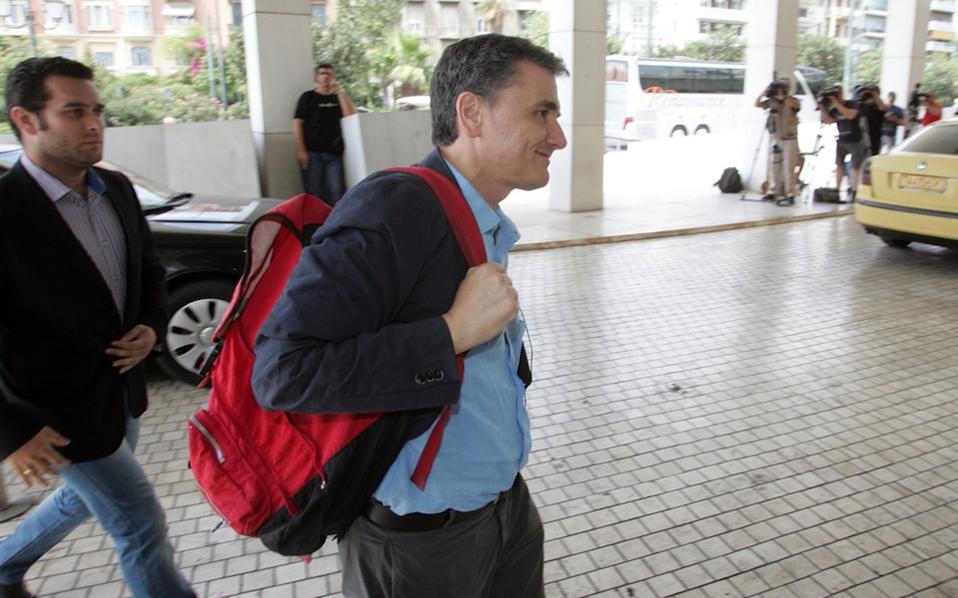The cost of endless talks: Play now, pay later

Whoever dares not govern but enjoys the wages of power will play for extra time. We can draw this conclusion from the way Alexis Tsipras has governed so far, using every possible tactic – from a referendum to endless negotiations with creditors – to avoid decisions and responsibilities.
It is as if the government operates in a nonexistent present – between a past where it is blameless for the country’s ills and a future where it will have no responsibility for what happens.
That is why the negotiations with creditors take so long, why new cuts in pensions and higher taxes will come into effect in 2019 and 2020, respectively, why there will be loose ends until the very moment we must make our next payment to creditors.
In the years of the crisis we have learned that negotiations don’t end until we see the money that will then go to pay past debt. So, despite the announcement early on Tuesday that there was agreement between the government and creditors, there is still a way to go.
On Thursday the deal was discussed at the Euro Working Group, preparing the ground for the Eurogroup meeting on May 22 and June 15.
The government must submit a medium-term fiscal stability program to Parliament (in pursuit of primary surpluses equal to 3.5 percent of GDP for at least four years), with ratification expected by May 20.
At the G7 meeting in Bari next week, Christine Lagarde and Wolfgang Schaeuble are expected to debate their differences over the need for debt relief for Greece. Any deal will have to be ratified by some eurozone members’ parliaments. The process is neither quick nor easy.
This should not make Athens unhappy. The longer a deal is delayed, the longer Tsipras can continue to ignore the consequences of the delay; at the same time, the SYRIZA-Independent Greeks government can strengthen its control of state mechanisms and institutions.
Even as the economy withers in uncertainty and private debt grows (with data showing that 4.3 million taxpayers have accrued debts in excess of 94 billion euros), and almost half of all bank loans in the red, the government acts as if this is not its problem.
The nonexistent present may be the greatest delusion, but its cost will be very real.



